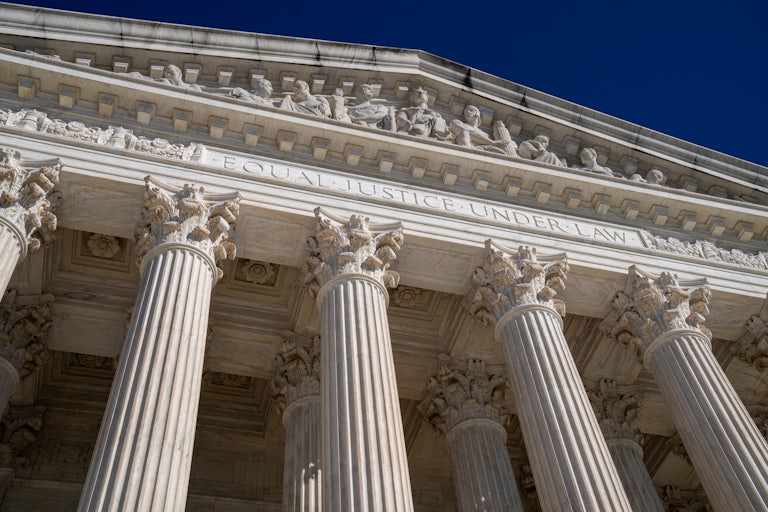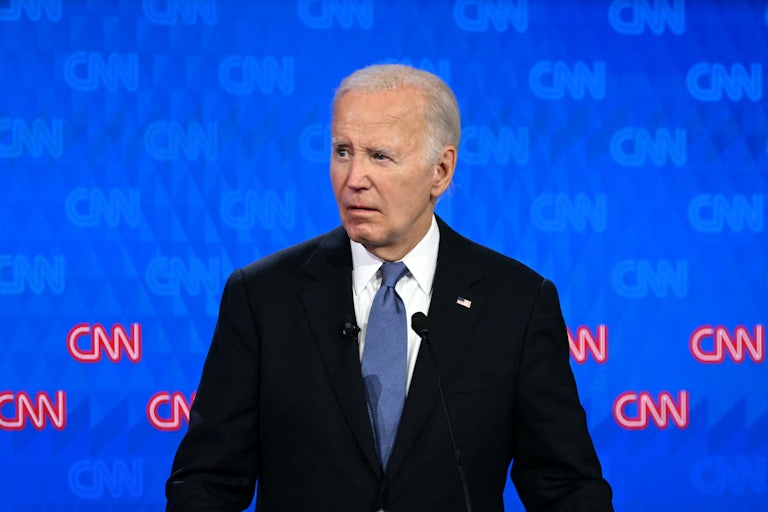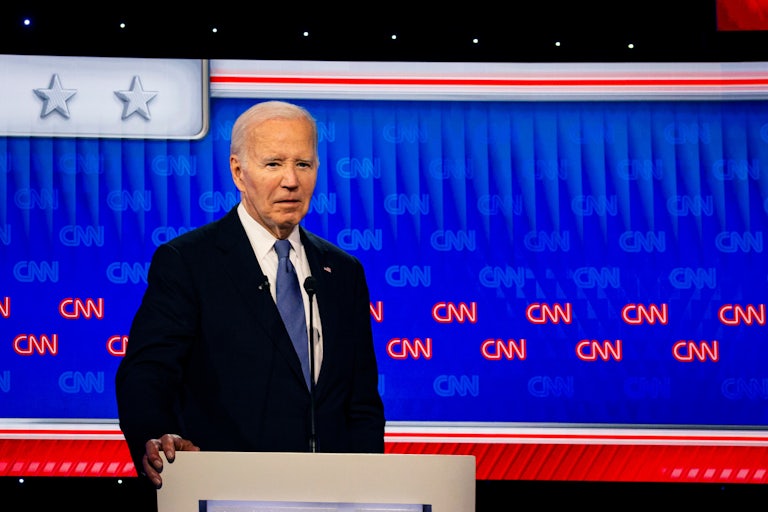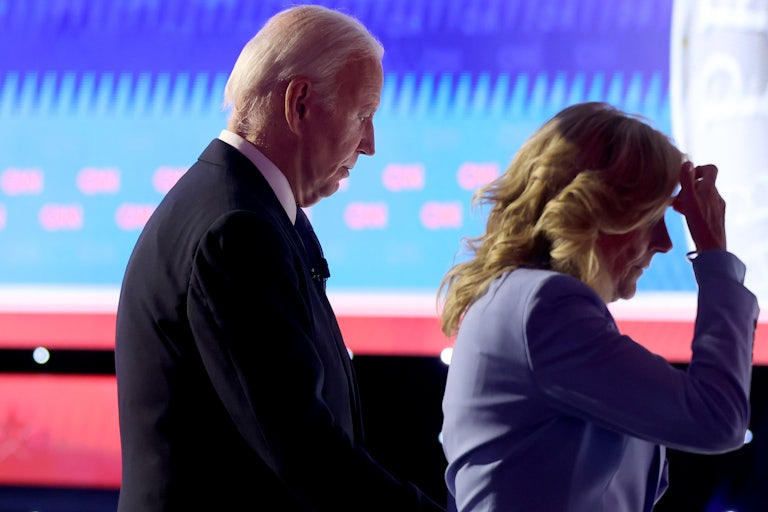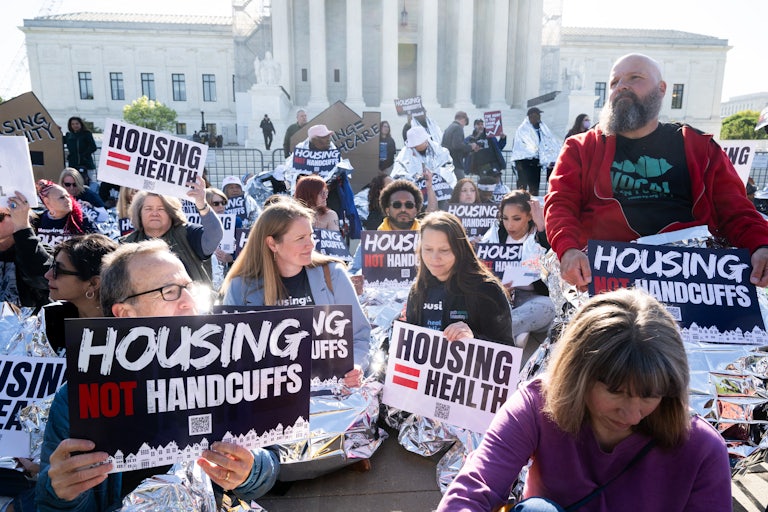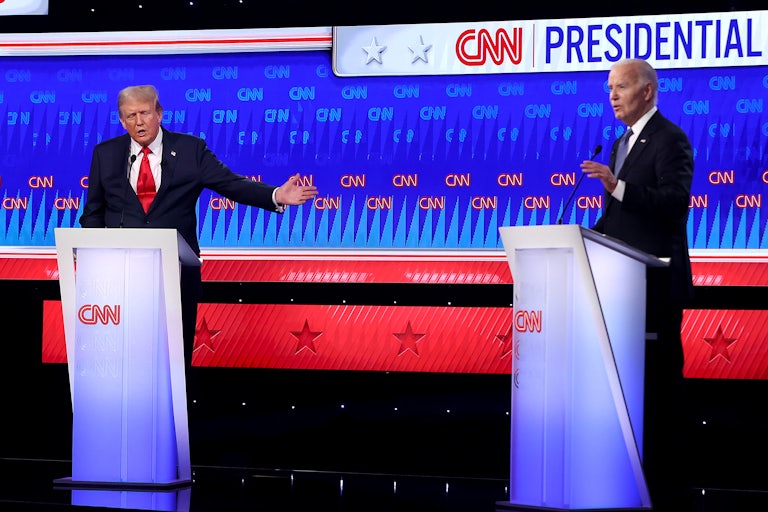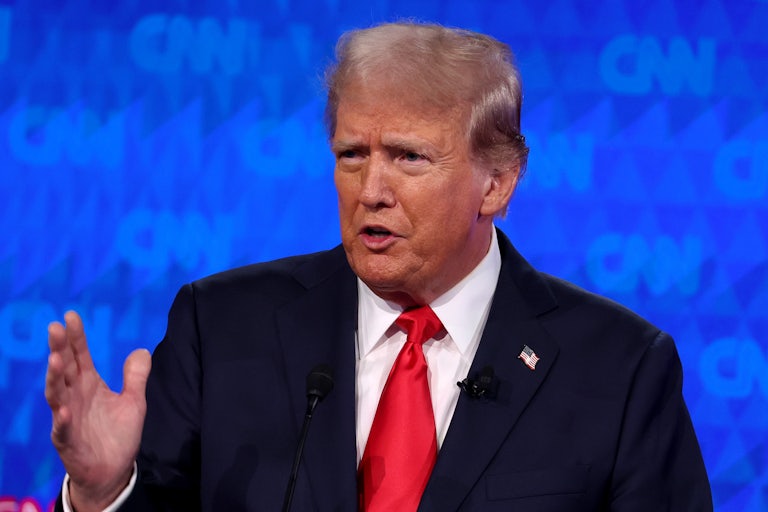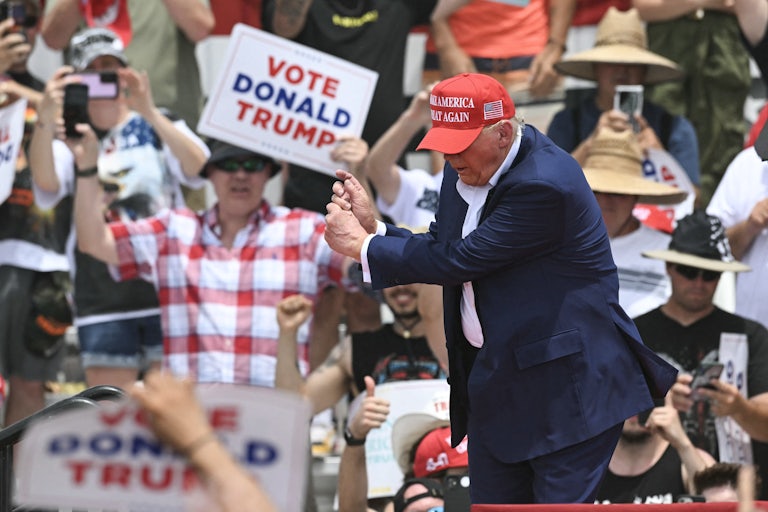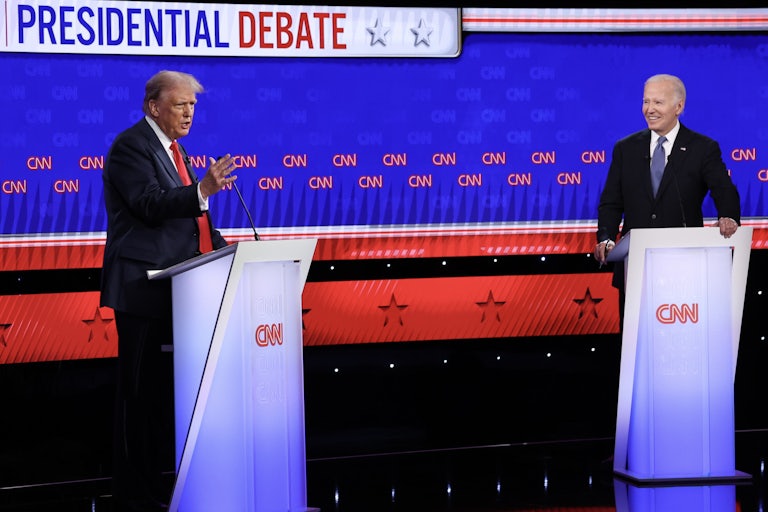Sotomayor Blasts Supreme Court for Devastating Homelessness Ruling
Supreme Court Justice Sonia Sotomayor is warning about the the court’s “unconscionable” Grants Pass decision.
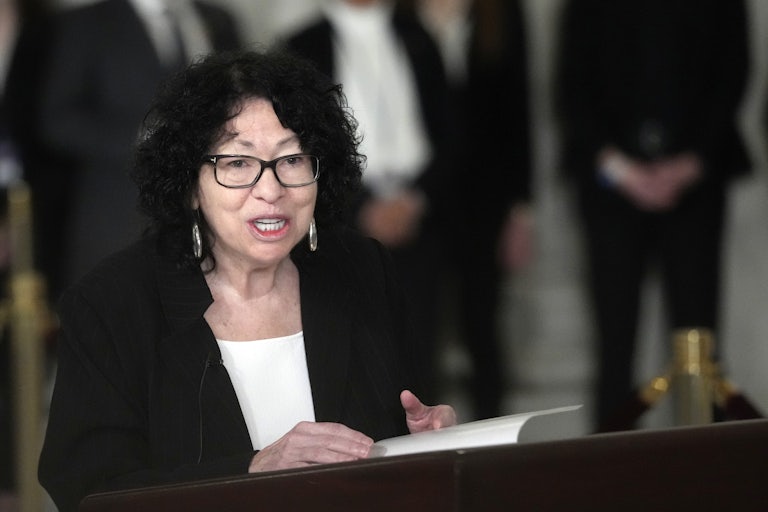
Supreme Court Justice Sonia Sotomayor issued a scathing dissent Friday on her conservative colleagues’ decisions to essentially criminalize homelessness in its Grants Pass ruling. Sotomayor put the rest of the court on blast and layed out how the attack on the rights of homeless individuals is an attack on the rights of all Americans.
While the conservative majority argued that the high court must not impede local governments from criminalizing homelessness, Sotomayor wrote, “It is possible to acknowledge and balance the issues facing local governments, the humanity and dignity of homeless people, and our constitutional principles.”
“The City of Grants Pass jails and fines those people for sleeping anywhere in public at any time, including in their cars, if they use as little as a blanket to keep warm or a rolled-up shirt as a pillow,” Sotomayor wrote. “For people with no access to shelter, that punishes them for being homeless. That is unconscionable and unconstitutional. Punishing people for their status is ‘cruel and unusual’ under the Eighth Amendment.”
Going on to quote social science experts, Sotomayor explained how punishing people for sleeping outside without providing offers to housing and available beds is simply “a big game of whack-a-mole.”
While the conservative justices trumpeted tropes about unsheltered homeless people being service-resistant, or denying shelter when offered, Sotomayor noted studies have shown that “the vast majority of those who are unsheltered would move inside if safe and affordable options were available.” She went on to say that when people do resist being housed, it’s often because those beds that are available may have “restrictions based on gender, age, income, sexuality, religious practice, curfews that conflict with employment obligations, and time limits on stays.” For example, the only shelter in Grants Pass, which is charity-run, has strict religious and work requirements.
The Supreme Court’s ruling on this case will allow cities and states to avoid the offer of shelter entirely if they so choose and offers one solution to homelessness: punishment.
As Sotomayor wrote, imposing fines and jailing individuals is not a solution. In her dissent, which she read from the bench, the justice described a story of a homeless man in Nashville who was arrested 198 times and had over 250 citations, making it difficult for an outreach worker to find him housing. The outreach worker was eventually forced to make him a T-shirt that read, “Please do not arrest me, my outreach worker is working on my housing.” Once the man, who experienced homelessness for 20 years, was able to secure stable housing, he “had no further encounters with the police, no citations, and no arrests.”
If criminalizing someone for the mere act of sleeping outside with a blanket wasn’t frightening enough, as some experts feared, this case also opens up the door for justices to challenge a concurring opinion, Robinson v. California, which held it was unconstitutional to punish someone for being addicted to drugs—for their “status” of addiction. Justice Clarence Thomas’s entire concurring opinion lays the groundwork to overturn Robinson.
Despite the conservative majority disguising its stance as a “leave it to states” approach, this ruling, as Sotomayor laid out, is an infringement on homeless individuals’ constitutional rights, with troubling ripple effects for all of us. “This Court must safeguard those rights even when, and perhaps especially when, doing so is uncomfortable or unpopular,” wrote Sotomayor, Otherwise, “the words of the Constitution become little more than good advice.”
Sotomayor concluded her dissent by writing that she remains hopeful that we can address the crisis of homelessness through other means. “That responsibility is shared by those vulnerable populations, the States and cities in which they reside, and each and every one of us.”
